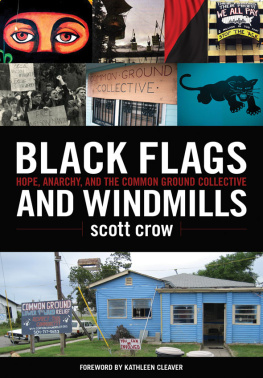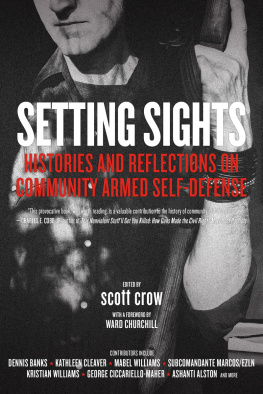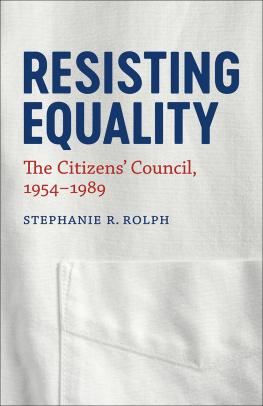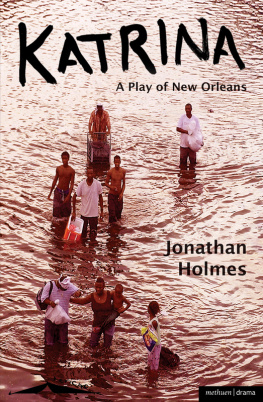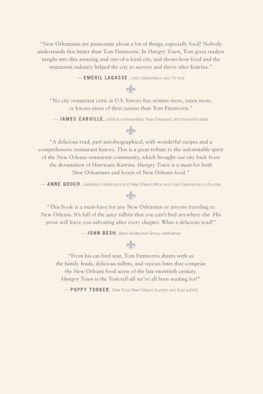Playful, irreverent, and deadly serious, Black Flags and Windmills is a moving testimony of love, solidarity, betrayal, and the collective struggle for the freedom that so many of us yearn for.
David Naguib Pellow, author of Resisting Global Toxics:
Transnational Movements for Environmental Justice
It is a brilliant, detailed, and humble book written with total frankness and at the same time a revolutionary poets passion. It makes the reader feel that we too, with our emergency heart as our guide, can do anything; we only need to begin
Marina Sitrin, author of Horizontalism:
Voices of Popular Power in Argentina
This is a compelling tale for our times
Bill Ayers, author of Fugitive Days
This book is a key document in that real and a remarkable story of an activists personal and philosophical evolution.
Rebecca Solnit, author of A Paradise Built in Hell:
The Extraordinary Communities That Arise in Disaster
crow is a puppetmaster involved in direct action
FBI (Joint Terrorism Task Force internal memo)
Black Flags and Windmills introduced me to countless contemporary freethinkers and rule-breakers whose very lives are emblematic of what it means to be liberated.
Diana Welch, coauthor of The Kids Are All Right
A frenetic account of how grassroots power, block-to-block outreach, and radically visionary approaches to sustainability can rattle the ruling class and transform people is positively searing
Ernesto Aguilar, cofounder of People of Color Organize
This book is an example that should be studied by activists of all stripes, to learn the lessons of wisdom inside. This is Anarchism-in-Action in a real world setting, and it is an example of mutual aid at its best.
Lorenzo Komboa Ervin, former Black Panther and political
prisoner, and author of Anarchism and the Black Revolution
For decades scott crow has approached his political organizing with humility, resilience, and honesty, and he continues to do so in Black Flags and Windmills.
Will Potter, author of Green Is the New Red: An Insiders
Account of a Social Movement Under Siege
This is an excellent manual on community organizing. Its a beautifully written, raw story that does not try to downplay the difficulties, betrayals, and mistakes that are inevitable in authentic collective work.
Roxanne Dunbar-Ortiz, author of Outlaw Woman:
A Memoir of the War Years, 1960-1975
crows testimony following in the aftermath of Hurricane Katrina further indicts a flawed political and economic system that was bankrupt long before Hurricane Katrina. The reader will find within the pages a life built on principles that have propelled crow to fight injustice in a story well told!
Robert Hillary King, former Black Panther, former U.S.
political prisoner, and author of From the Bottom of the Heap
crow is part of Austin activists that devote much of their lives working to find grassroots solutions to community problems
Steven Kreytak, Austin American-Statesman
crow is a prominent anarchist community organizer behind a host of organizations
Diana Welch, Austin Chronicle
Black Flags and Windmills: Hope, Anarchy, and the Common Ground Collective scott crow
2011 PM Press
All rights reserved. No part of this book may be transmitted by any means without permission in writing from the publisher.
ISBN: 978-1-60486-077-1
Library of Congress Control Number: 2009912423
Cover: John Yates / www.stealworks.com
Interior design by briandesign
10 9 8 7 6 5 4 3 2 1
PM Press
PO Box 23912
Oakland, CA 94623
www.pmpress.org
Printed in the USA on recycled paper, by the Employee Owners of Thomson-Shore in Dexter, Michigan. www.thomsonshore.com
Dedication
This book is dedicated to those whose emergency hearts refuse
to give up hope in creating just and sustainable worlds for us all.
Contents
Glossary
For quick reference in the context of this book, I want to point out that these words are part of the jargon of radicals and anarchists.
Accountability
Affinity groups
Alternative/Anti-Globalization movement
Black Bloc
Civil society
Consensus decision-making
Guidelines
Leadership
Privilege
The State
There are exhaustive definitions, sometimes volumes, written on these words. I encourage readers to seek out multiple definitions of each term to understand how they are used.
These terms are defined on page 73:
Autonomy
Cooperation or Mutual Aid
Direct Action
Horizontality
Liberation
Civil society is a term I adopted from Zapatismo. I use it here to refer to individuals, organizations, and even institutions as opposed to the state apparatus or even the multinational corporations that use force to reinforce their power. Civil society is you and I and everyone else who associates without coercion.
Leadership (for lack of a better term) represents for me guidance by individuals or groups within communities. This guidance is based in the recognition that there are power relations even within horizontal organizing, based on social, cultural, experiential, or political factors. Individuals or groups in guidance roles may have more power (or be perceived to have more power). The practice of leadership seeks to subvert the familiar figure of the authoritarian leader who delegates tasks, makes unilateral decisions, and takes actions without discussion or accountability to those involved. The practice of leadership seeks to create and reinforce power-sharing rather than power over others.
Marginalized or Neglected Communities
I use these terms instead of, or sometimes interchangeably with, typical sociopolitical language (like working-class, queer, poor, etc.) that have been used to qualify people or communities pushed to the margins in civil society. Traditional political language takes many of the complex relationships within civil society that make up people and communities, making them one-dimensional. This leaves out the complex humanity of those involved. People and communities are often marginalized for more than one reason. These phrases address the fact that there are multiple issues at stake, instead of running a laundry list to illustrate the marginalization or neglect.
Power
I use the term power in three ways:
1. power (with a little p) : power that is exercised directly by communities, as part of civil society, working together to make changes in the world. It is what grassroots democracy is based on. This kind of power is derived from recognizing that we do have the abilities, creativity, and strength to make the world better. It is the collective power of everyone, from the middle class to the marginalized.
2. Power (with a capital P) : concentrations of authority and privilege in economic, political, or cultural institutions that exercise undue influence on the world. In this sense, Power is identical with the state, multinational corporations, or the rich, who are not accountable to civil society. This Power operates through bureaucracies, executive boards, the military, and transnational corporations. It is exercised through brute force, neglect, and manipulation or corruption of economies, for example. It results in control over resources as well as social and cultural norms.
3. I sometimes use the phrase those who assume to have Power. It is my way of recognizing that such forms of Power do not have legitimate claims of authority over civil society. It is also a reminder not to automatically give legitimacy to those institutions or people who dont deserve it. My underlying philosophy is that once we see past this illegitimacy, we begin to recognize that we have the collective capacities to directly make changes and influence the world ourselves rather than appealing to these coercive hierarchies and bureaucracies that claim this Power over us.
Next page
